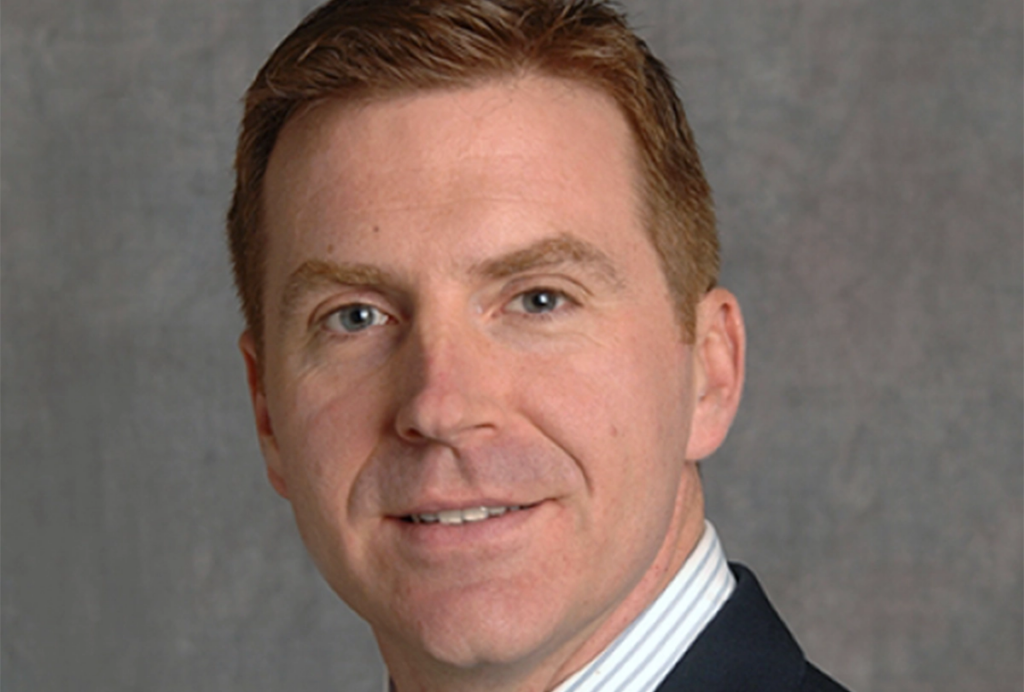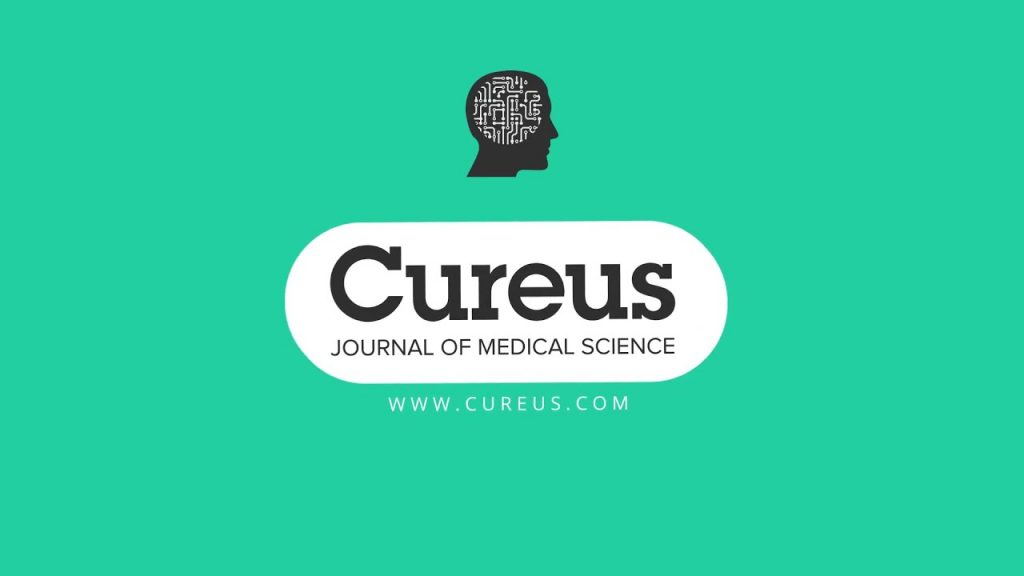Optical and Quantum Electronics, a Springer Nature journal, has retracted more than 200 papers since the start of September, and continues issuing retraction notices en masse.
According to the notices, which have similar wording, the retractions come after the publisher identified problems with the articles including compromised peer review, inappropriate or irrelevant references, and nonsensical phrases, suggesting blind use of AI or machine-translation software.
“These investigations are based on intelligence from past work alongside whistleblower information,” Chris Graf, director of research integrity at Springer Nature in Oxford, UK, told Retraction Watch. But Graf declined to share the specifics of the inquiry: “We need to keep details of these investigations confidential to ensure that we do not inform the efforts of individuals who may engage in unethical activities.”
Continue reading Springer Nature journal has retracted over 200 papers since September









